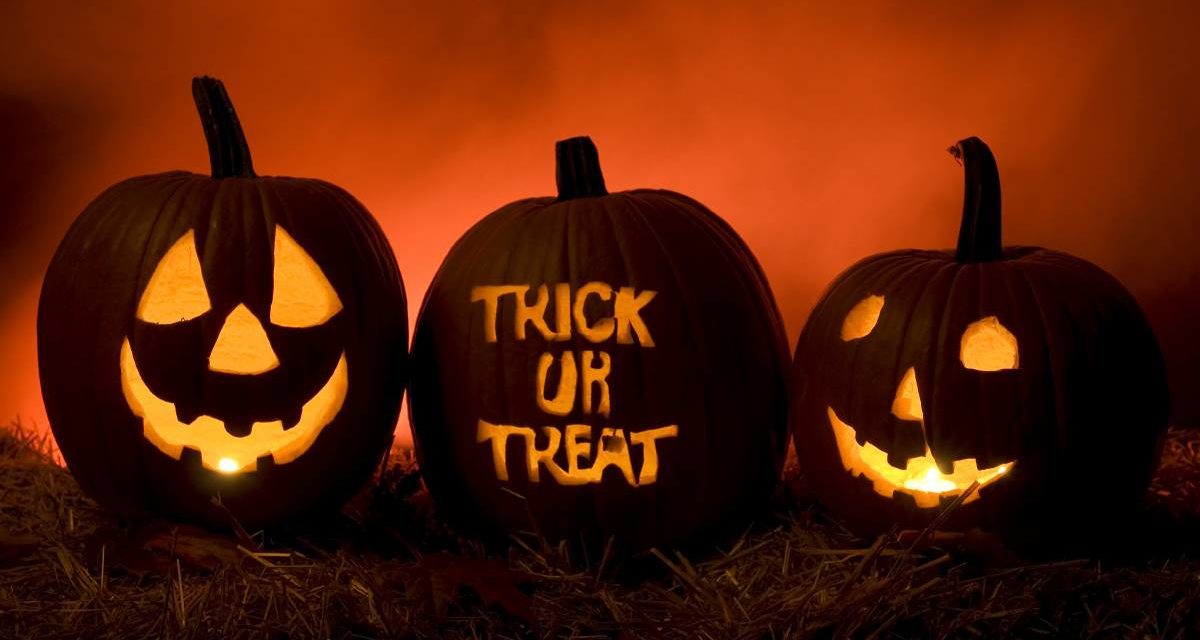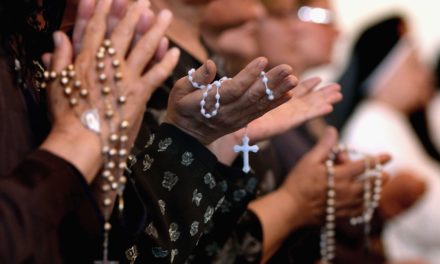With over 350,000 Christian denominations around the world, there is bound to be some spirited debate over how to translate, respond, or act to certain worldly events. One of these events is the celebration of Halloween. Is it a sin to celebrate the day? Is it a sin to dress like a goblin and collect candy from your neighbors? Are we glorifying witches and evil? Or are we paying tribute to the Saints somehow? To find our personal answer, we need to ask ourselves, what do we really commemorate on Halloween?
Halloween’s early roots date back to a pagan celebration at the end of the harvest time. Days were getting shorter and darker, which tradition said made it the beginning of a season of demons and spirits. These spirits and demons would celebrate the new season by walking through the towns playing tricks and generally make life miserable for humans. In time, people took to dressing up like spirits and demons so they could walk the streets unrecognized and unbothered by the real evil-doers.
The Catholic Church tried to steer the day away from evil spirits and demons by moving All Saints Day to November 1 from its original May celebration. Halloween actually means “all hallowed eve” or the day before All-holy… or saints, day. Hallowed is a good thing. Like, “Our Father… hallowed be your name.”
Samhain, the Lord of the Dead, according to the pagans, was the leader of the evil spirits and demons. Although there is no historical record of such a person or any evil event in ancient times, today’s Wiccans, firm believers in witchcraft and the occult, celebrate Halloween as one of their two high holy days. Samhain can be considered the grand warlock or as we would call him, the devil.
For most modern westerners, Halloween is simply a fun night to act goofy, have parties, and get free candy. Hallmark and the candy industry market it as an innocent and fun way for you to help them make millions of dollars each year.
So, when we dress our kids up and send them out in the hope they will return with a few of our favorite treats, what do we really commemorate? On Halloween, are we preparing for the celebration of our saints? Are we honoring the devil? Are we playing tricks on goblins? Or is it a modern tradition of harmless fun? How do we know our intentions or thoughts are as innocent as others?
Many Christians are adamant about what we really commemorate on Halloween. They are dead-set against any participation in the day’s events. They cite its pagan roots as un-Christian. But even Christmas has pagan roots. Most scholars believe Jesus was born in the summer since the King wouldn’t order the people to go home for a census in the short, dark days of winter. The December date is because the church tied it into a pagan Nordic celebration called Yule, from which we get the Yule log, as well as the 12 days of Christmas.
As Christians, we are free to celebrate or act as we want as long as the intention of our heart is innocent and honoring God. Some followers restrict costumes to non-evil entities like firemen or princesses. Others give away Bible verses with candy. If we ask these people what do we really commemorate on Halloween, they might say they celebrate the victory of the Light over evil. They mock the devil by taking his holiday as a big joke, ridiculing the Wiccan’s celebration by masquerading amid their spirits with impunity.
Christian parents can use Halloween as a teaching moment for their appropriately-aged children. The Bible is clear that Good and evil co-exist in a spiritual world (Eph 2:1-10) and that our Good Lord has power over that evil (1 John 4:4). Tell the children they may trick-or-treat without fear of any real evil demons because Jesus will be at their side the whole time. Let the kids have fun. We can talk about your costume later.






